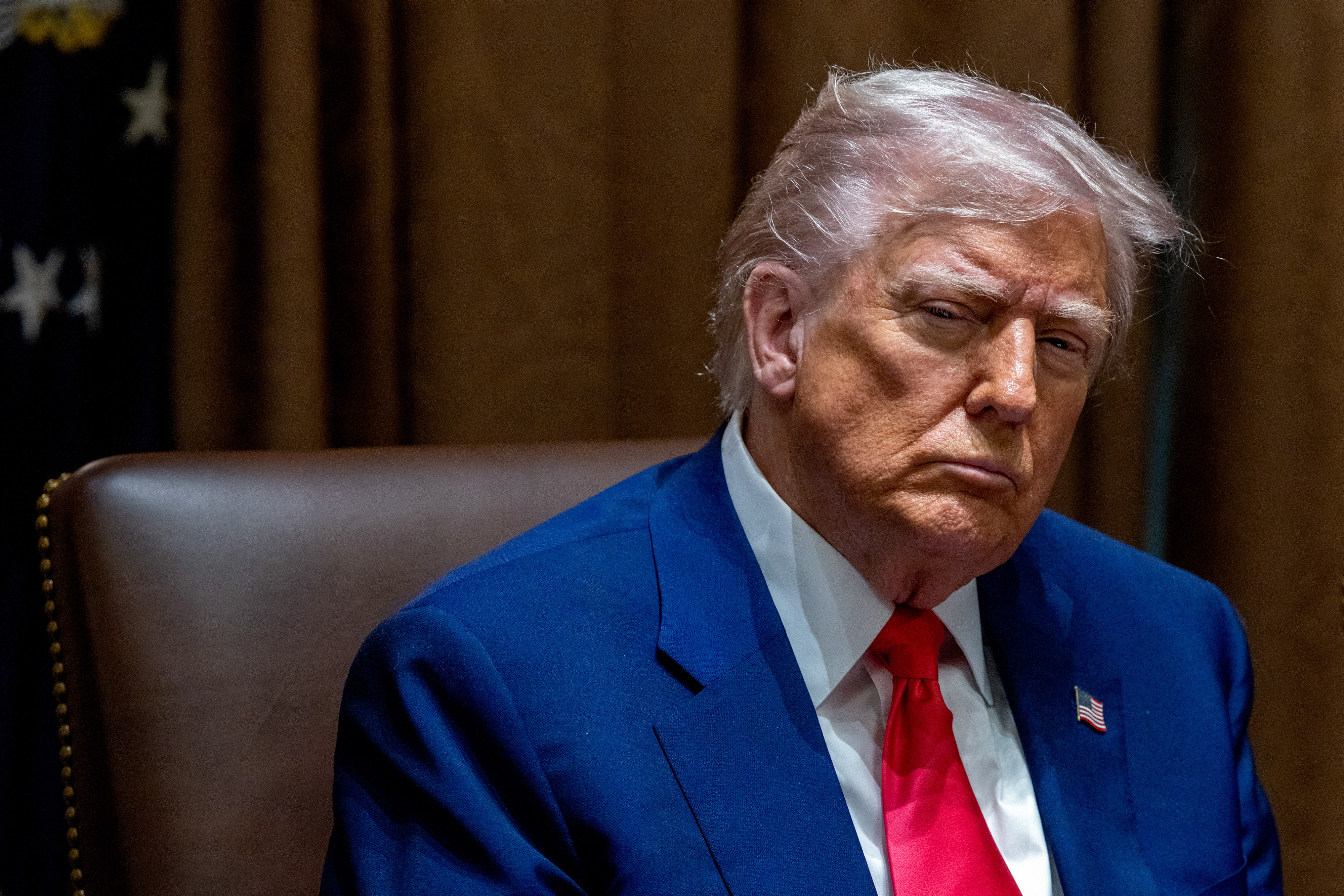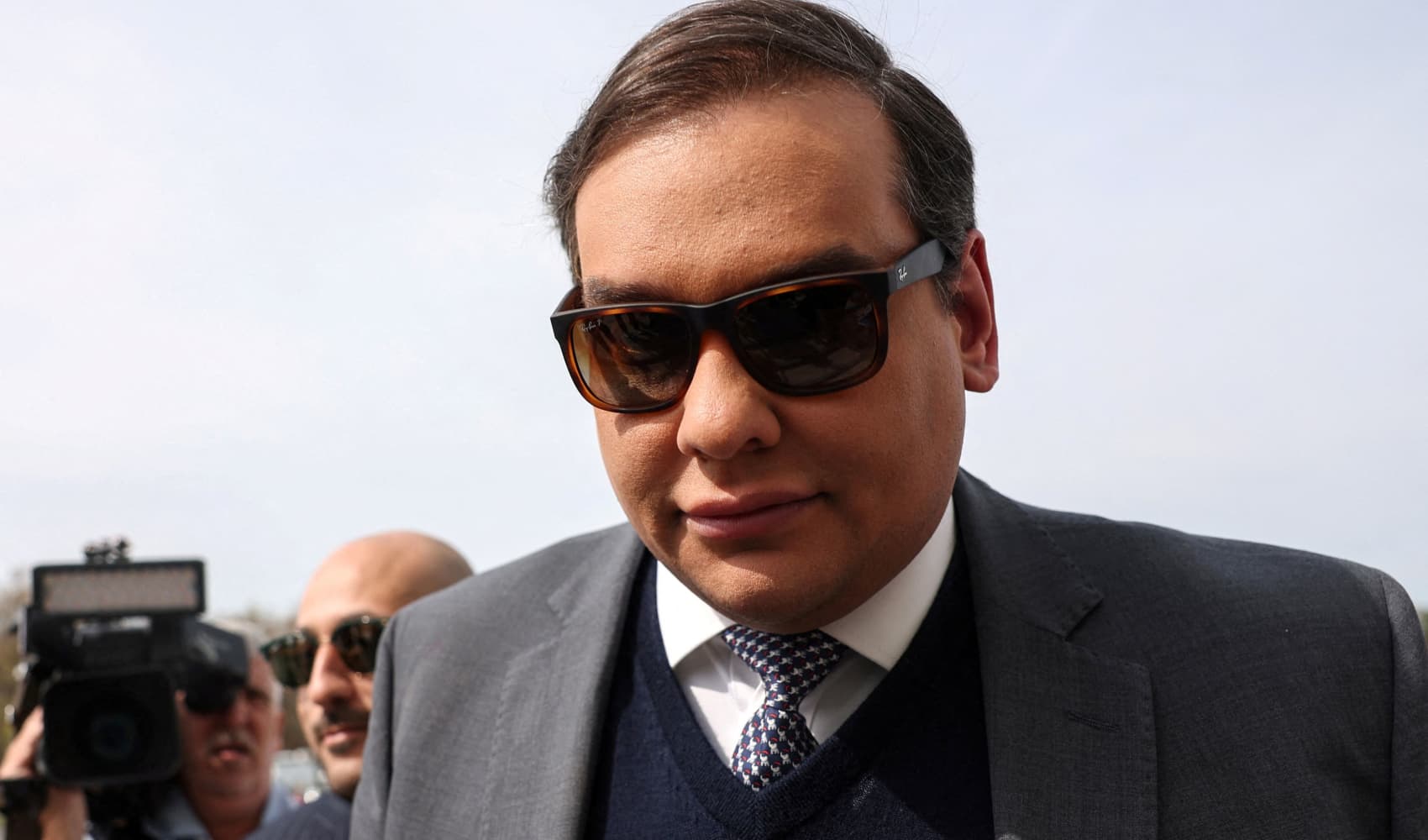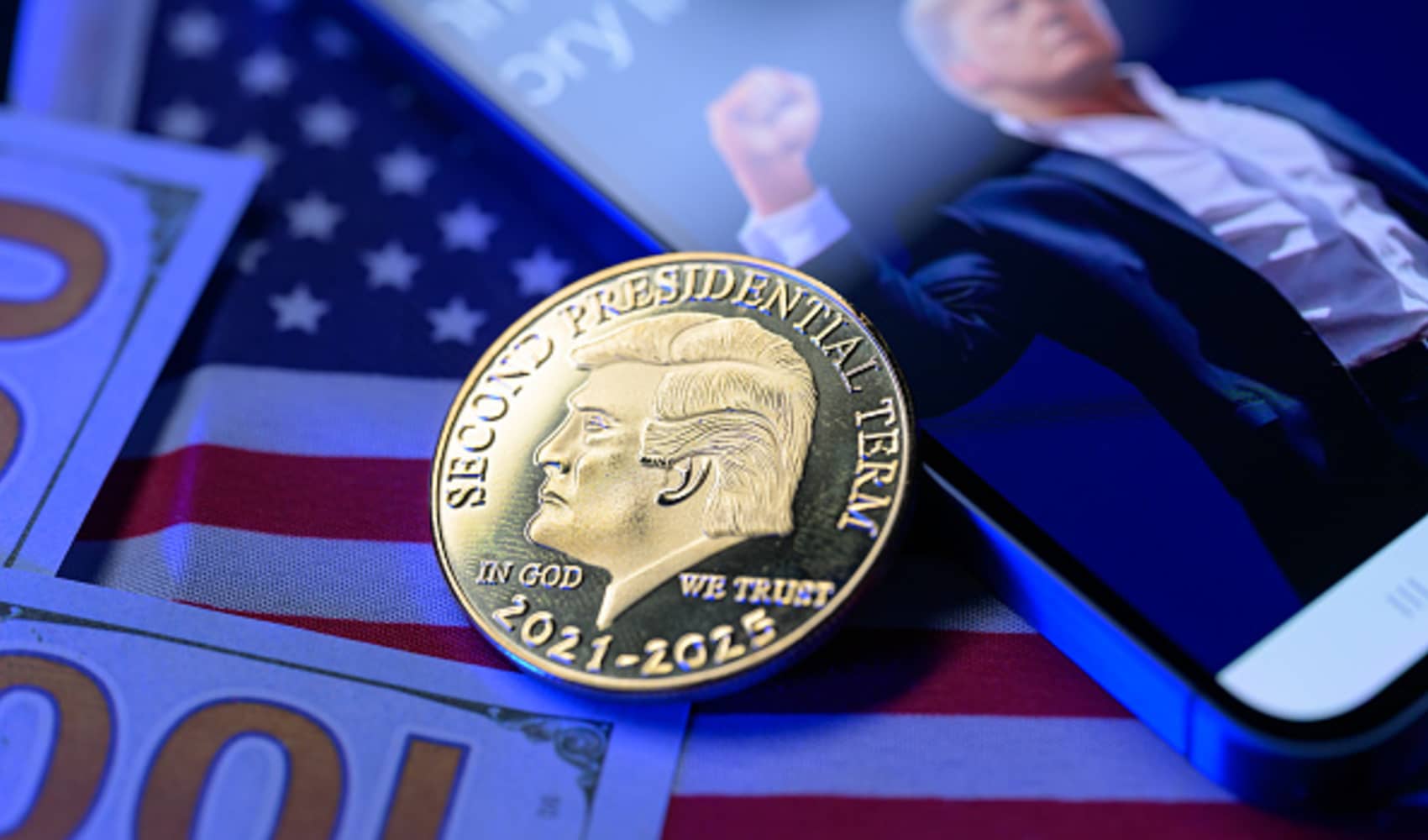Trump 2028 Merch: Legal? Genius? Or Just Plain Weird?
Is That Legal? Trump's 2028 Merch Raises Eyebrows
Introduction: The Future is Now (Maybe?)
Barely four months into what some might call President Donald Trump’s "triumphant return" to the White House, the online store for the Trump Organization, TrumpStore.com, is already selling "Trump 2028" merchandise. Yes, you read that right. We're talking red trucker hats, t-shirts, and can coolers all emblazoned with the bold declaration. Is this a strategic move? A playful jab at the political landscape? Or simply capitalizing on unwavering support? Let's dive in and explore the implications, the legalities, and the pure audacity of this merch.
The "Trump 2028" Collection: What's On Offer?
So, what exactly are we talking about here? The "Trump 2028" collection currently features:
- A red, trucker-style hat: Priced at $50 each. The classic Trump hat, reimagined for a future that may or may not exist.
- A red t-shirt: Available for $36. Wear your future allegiance on your sleeve (literally).
- A set of two can coolers: Sold for $18. Keep your drinks cold while pondering the possibilities of a third Trump term.
While the prices might seem steep for some, for dedicated supporters, they represent more than just clothing and accessories – they symbolize hope (or fear, depending on your political leaning) for a future where Trump remains a dominant force.
The Constitutional Roadblock: Two Terms and Done?
Let's address the elephant in the room: the U.S. Constitution. The 22nd Amendment clearly states that a president can only be elected to two terms. It's pretty cut and dry, isn't it? So, what's the deal with the "Trump 2028" merchandise?
The 22nd Amendment: A Quick Refresher
Ratified in 1951, the 22nd Amendment was a direct response to Franklin D. Roosevelt's four terms in office. It ensures that no single individual can hold the presidency for more than eight years. But, could there be loopholes?
Exploring Potential Loopholes (Or Wishful Thinking)
While the Constitution seems unambiguous, some theorize about potential loopholes or scenarios that could allow a president to serve more than two terms. These often involve vice-presidents taking over mid-term or legal challenges to the amendment itself. However, these are largely speculative and face significant legal hurdles.
Is This Just a Marketing Stunt?
Perhaps the most plausible explanation for the "Trump 2028" merchandise is simply marketing genius. After all, Trump is a master of grabbing headlines and keeping himself relevant. Selling merchandise that hints at a future presidency, even one that's constitutionally questionable, is a surefire way to generate buzz and keep his supporters engaged.
Capitalizing on Loyality: Turning Belief into Sales
Trump's brand is built on unwavering loyalty. His supporters are passionate and eager to show their allegiance. The "Trump 2028" merchandise taps into this passion, offering them a tangible way to express their hopes and beliefs – while simultaneously lining the Trump Organization's pockets.
The Power of Hope (And Nostalgia)
Even if a third Trump term seems unlikely, the merchandise allows supporters to hold onto the hope of a return to what they perceive as a better time. It's a form of political nostalgia, wrapped up in a red hat and a can cooler.
The Legal Implications: Treading on Thin Ice?
While selling "Trump 2028" merchandise isn't inherently illegal, it does raise questions about potential campaign finance violations. Could this be considered an early campaign fundraising effort? Is it testing the waters for a potential future run, even if technically impossible?
Campaign Finance Laws: A Complex Web
Campaign finance laws are notoriously complex, and determining whether the "Trump 2028" merchandise violates any regulations would require a thorough investigation. It depends on factors like how the proceeds are used, whether the merchandise is explicitly linked to a future campaign, and whether it's considered an "electioneering communication."
The Fine Line Between Commerce and Campaigning
The key question is whether the merchandise is simply a commercial venture or a deliberate attempt to influence a future election. The line can be blurry, and legal experts may have differing opinions.
The Political Message: What is Trump Trying to Say?
Beyond the legal and financial implications, the "Trump 2028" merchandise sends a clear political message: Trump is not going away. He intends to remain a dominant force in American politics, even if he can't run for president again.
Asserting Dominance: Maintaining Control
By selling merchandise that hints at a future presidency, Trump is asserting his continued relevance and control over the Republican Party. He's signaling to potential rivals that he's still the kingmaker, the one to be reckoned with.
Re-energizing the Base: Rallying the Troops
The "Trump 2028" merchandise is also a powerful tool for re-energizing his base. It gives his supporters something to rally around, a symbol of their unwavering loyalty and their hopes for a future where Trump remains in power – even if only in spirit.
The Media's Reaction: Outrage and Amusement
Predictably, the "Trump 2028" merchandise has sparked a wide range of reactions in the media, from outrage to amusement. Critics see it as a blatant disregard for the Constitution and a sign of Trump's unyielding ego, while supporters view it as a harmless expression of hope and loyalty.
Social Media Frenzy: Memes and Mockery
Social media has been abuzz with memes and jokes about the "Trump 2028" merchandise. Some are humorous, others are critical, but all demonstrate the power of the internet to amplify and satirize political events.
Political Commentary: Expert Opinions
Political commentators have weighed in on the merchandise, offering a variety of perspectives on its significance and implications. Some see it as a dangerous sign of political polarization, while others dismiss it as a harmless marketing gimmick.
The Ethics of Selling Hope: Is This Exploitation?
One of the most pressing questions surrounding the "Trump 2028" merchandise is whether it's ethical to sell hope to supporters, especially when that hope is based on a potentially unattainable scenario. Is this simply good business, or is it exploiting the loyalty of a dedicated fanbase?
Targeting Emotions: A Powerful Tactic
Political marketing often relies on appealing to emotions, and the "Trump 2028" merchandise is no exception. It taps into feelings of nostalgia, hope, and loyalty, creating a powerful connection between the product and the consumer.
Balancing Profit and Principle: A Moral Dilemma
For some, the "Trump 2028" merchandise represents a moral dilemma: is it acceptable to profit from selling a vision of the future that may be based on false premises? The answer likely depends on individual values and beliefs.
Beyond Trump: The Future of Political Merchandise
The "Trump 2028" merchandise is just one example of the growing trend of political merchandising. From t-shirts and hats to bumper stickers and bobbleheads, merchandise has become an integral part of modern political campaigns.
The Rise of Brand Politics: Treating Candidates as Products
In an increasingly media-driven world, political candidates are often treated as brands, with merchandise playing a key role in building and promoting that brand. The "Trump 2028" merchandise exemplifies this trend, turning a political figure into a commodity.
The Impact on Political Discourse: Simplifying Complex Issues
The rise of political merchandise raises concerns about the potential for oversimplification of complex issues. When politics is reduced to slogans on t-shirts, it can be difficult to engage in meaningful dialogue and debate.
Conclusion: A Bold Statement, a Questionable Future
Whether it's a brilliant marketing ploy, a genuine expression of hope, or a blatant disregard for the Constitution, the "Trump 2028" merchandise has certainly sparked a debate. It highlights the power of political branding, the unwavering loyalty of Trump's supporters, and the complexities of campaign finance laws. While the future of Trump's political career remains uncertain, one thing is clear: he knows how to stay in the headlines.
Frequently Asked Questions (FAQs)
- Is it legal to sell "Trump 2028" merchandise?
Selling merchandise with "Trump 2028" on it is not inherently illegal, as it's considered a form of commercial activity. However, potential campaign finance implications could arise if the proceeds are used to support a future, potentially unconstitutional, presidential run. It walks a very fine line.
- Can Trump actually run for president in 2028?
The 22nd Amendment of the U.S. Constitution limits presidents to two terms in office. Therefore, unless the Constitution is amended or an unprecedented legal loophole is discovered, Trump would be ineligible to run again in 2028.
- Why is the Trump Organization selling this merchandise?
The most likely reason is marketing and branding. It keeps Trump's name and brand relevant, energizes his base, and generates revenue. It also subtly asserts his continued influence within the Republican Party.
- Is this considered a campaign fundraising effort?
It's debatable. If the proceeds from the merchandise sales are used to directly support a future (however unlikely) presidential campaign, it could be considered a campaign finance violation. However, proving such a direct link would be challenging.
- How are people reacting to the "Trump 2028" merchandise?
Reactions are mixed. Trump supporters generally view it as a positive symbol of hope for the future, while critics see it as a disrespectful disregard for the Constitution and a sign of Trump's ego.




